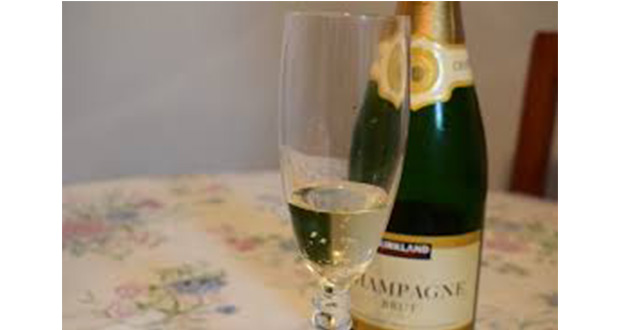Champagne Under Pressure As Climate Change Takes Hold – Globaldata Speaks To CIVC

 Climate change is already having a major effect on the Champagne industry, according to the category’s trade association, Comite Champagne (CIVC).
Climate change is already having a major effect on the Champagne industry, according to the category’s trade association, Comite Champagne (CIVC).
In an exclusive interview with GlobalData’s just-drinks Deputy Editor, Andy Morton, CIVC director of communications Thibaut Le Mailloux says shifts in weather patterns and temperature rises have fundamentally changed the way grape growers and wine producers operate. Age-old Champagne truisms, such as harvesting 100 days after the vines flower, no longer apply as climate change brings early harvests and changes to grapes that are lowering acidity.
Le Mailloux commented: “We are already producing Champagne in a climate that’s different from the one of our fathers.”
To combat the changes, the CIVC is spearheading research and development into maintaining the sparkling wine’s taste profile. The group, which oversees Champagne, has also launched sustainability targets to lower its carbon footprint in wine production and supply chain logistics.
Le Mailloux continues: “Changing some parameters of production has always been a tradition in Champagne. This time, it’s more pressing, because the change is drastic. It’s happening very fast. The challenge is to be able to still produce brilliant wine in ten, 20, 30, 50 years’ time.
“It’s less about adapting to climate change – it means radical changes and innovations.”
Looking to the future, Le Mailloux concludes: “We are preparing for even higher temperatures, drier climates, maybe with more violent climatic events. This year, we lost 10%-to-11% of the potential harvest through sunburned grapes. We have broken the highest temperature ever recorded in Champagne – 42.9°C.”
